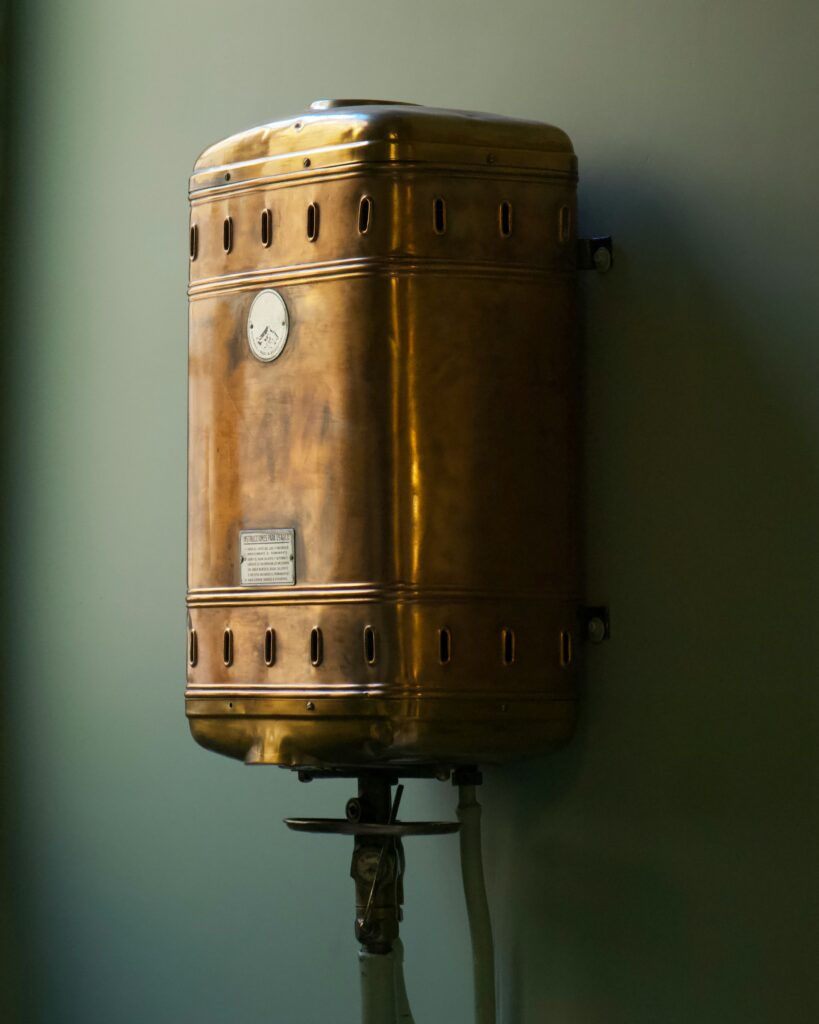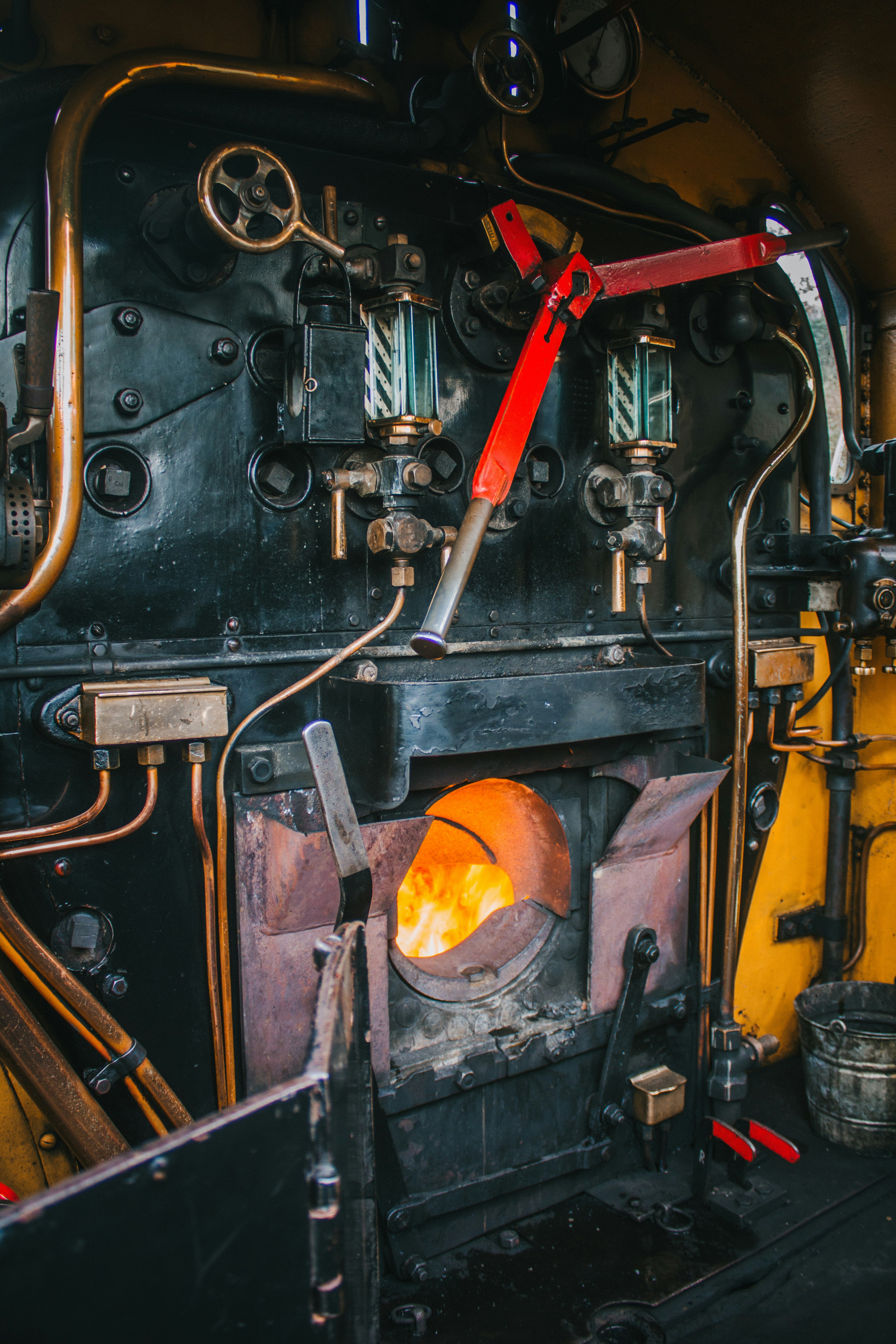Table of Contents
How Do I Know If My Water Heaters Needs Repair?
How do I know if my water heaters needs repair? If you’re experiencing low hot water supply, unusual noises, leaks, or inconsistent water temperature, your water heaters may be in trouble. Ignoring these signs can lead to bigger problems, such as higher energy bills or a complete system failure.
A malfunctioning water heater can disrupt daily activities like showering, washing dishes, and doing laundry. Understanding the warning signs can help you determine when it’s time for repairs. Let’s explore the 7 key signs that indicate your water heater needs repair and what you should do next.
🔧 What Is HVAC in Refrigeration?
1. No Hot Water or Insufficient Hot Water
One of the most obvious signs that your water heater needs repair is when it stops producing hot water or doesn’t provide enough for your household needs. Several factors could be causing this issue:
✅ Broken Heating Elements – If you have an electric water heater, the heating elements may have failed.
✅ Gas Burner Issues – For gas water heaters, a malfunctioning burner or gas supply problem may be to blame.
✅ Sediment Buildup – Over time, minerals can accumulate in the tank, reducing heating efficiency.
If your water heater is struggling to provide hot water, it’s time to schedule an inspection.

🚿 Running Out of Hot Water?
2. Water Takes Too Long to Heat
If your water heater is taking longer than usual to heat water, it could be due to:
- A failing heating element
- Sediment buildup in the tank
- A thermostat issue
Flushing the tank may help, but if the problem persists, a professional repair may be required.
3. Water Leaks Around the Heater
A leaking water heater is a serious problem that needs immediate attention. Common causes include:
💧 Cracks in the tank – Over time, rust and corrosion can cause small cracks.
💧 Loose connections – Faulty valves and pipe fittings may leak.
💧 Excess pressure buildup – If pressure relief valves fail, excess pressure can cause leaks.
Water leaks can lead to water damage and mold growth, so don’t ignore them!
4. Strange Noises Coming from the Tank
Hearing popping, banging, or rumbling sounds from your water heater? This usually means sediment buildup at the bottom of the tank. When water heats up, trapped air bubbles in the sediment create these noises.
🔹 Solution: Flushing the tank can remove sediment buildup. If the noise persists, your water heater might need repairs or replacement.
5. Rusty or Discolored Water
If your hot water appears brown, rusty, or murky, it could indicate:
🚰 Corrosion inside the tank – The inner lining of the tank may be rusting.
🚰 Failing anode rod – This rod prevents rust inside the tank. Once it wears out, rust develops.
🚰 Pipe corrosion – If both hot and cold water appear rusty, your plumbing pipes may be corroded.
Replacing the anode rod or checking for corrosion inside the tank can resolve this issue.
⚠️ Noticing Rusty Water?
6. Fluctuating Water Temperature
If your water randomly switches between hot and cold, your water heaters may have a:
- Faulty thermostat
- Sediment-clogged heating element
- Gas valve issue (for gas water heaters)
Adjusting the thermostat might help, but if the problem continues, your water heater needs professional attention.
7. High Energy Bills
A sudden spike in your energy bill could mean your water heater is losing efficiency. Common causes include:
🔹 Old or worn-out heating elements
🔹 Sediment buildup causing inefficiency
🔹 Water heater working harder than necessary
If your water heater is over 10-15 years old, replacement may be a more cost-effective option than repairs.
When Should You Repair or Replace Your Water Heater?
🔧 Repair Your Water Heater If:
✅ It’s less than 10 years old
✅ The problem is minor, such as a faulty thermostat or heating element
✅ There are no visible leaks or rust inside the tank
🔄 Replace Your Water Heater If:
❌ It’s more than 10-15 years old
❌ It has severe rust, corrosion, or leaks
❌ You experience frequent breakdowns
A professional plumber can help you decide whether repair or replacement is the best option.

🛠️ Need Professional Water Heater Repair?
FAQs – How Do I Know If My Water Heaters Needs Repair?
1. How do I know if my water heaters is going bad?
If your water heater is leaking, making strange noises, producing rusty water, or not heating water properly, it may be failing.
2. What are the most common water heater problems?
The most common issues include no hot water, water leaks, rusty water, strange noises, and fluctuating temperatures.
3. Why is my water heater leaking?
A leak can be caused by loose connections, excessive pressure, or a cracked tank. If the leak is from the tank, replacement is usually required.
4. Can I fix my water heater myself?
Minor issues like adjusting the thermostat or flushing sediment can be DIY fixes, but complex problems require a professional.
5. When should I replace my water heater instead of repairing it?
If your water heater is over 10-15 years old, leaking, or breaking down frequently, replacement is the best long-term solution.
6. What should I do if my water heater stops working suddenly?
Check if the power supply, gas line, or thermostat is functioning properly. If the issue isn’t obvious, call a professional for an inspection.
Final Thoughts
So, how do I know if my water heater needs repair? Keep an eye out for leaks, strange noises, rusty water, and inconsistent heating. Ignoring these issues can lead to higher energy bills and costly repairs.
If you suspect a problem with your water heater, don’t wait—schedule an inspection today to avoid cold showers and unexpected breakdowns!
Follow us on Facebook for Quick Response & Quires – 24/7 Task Connect